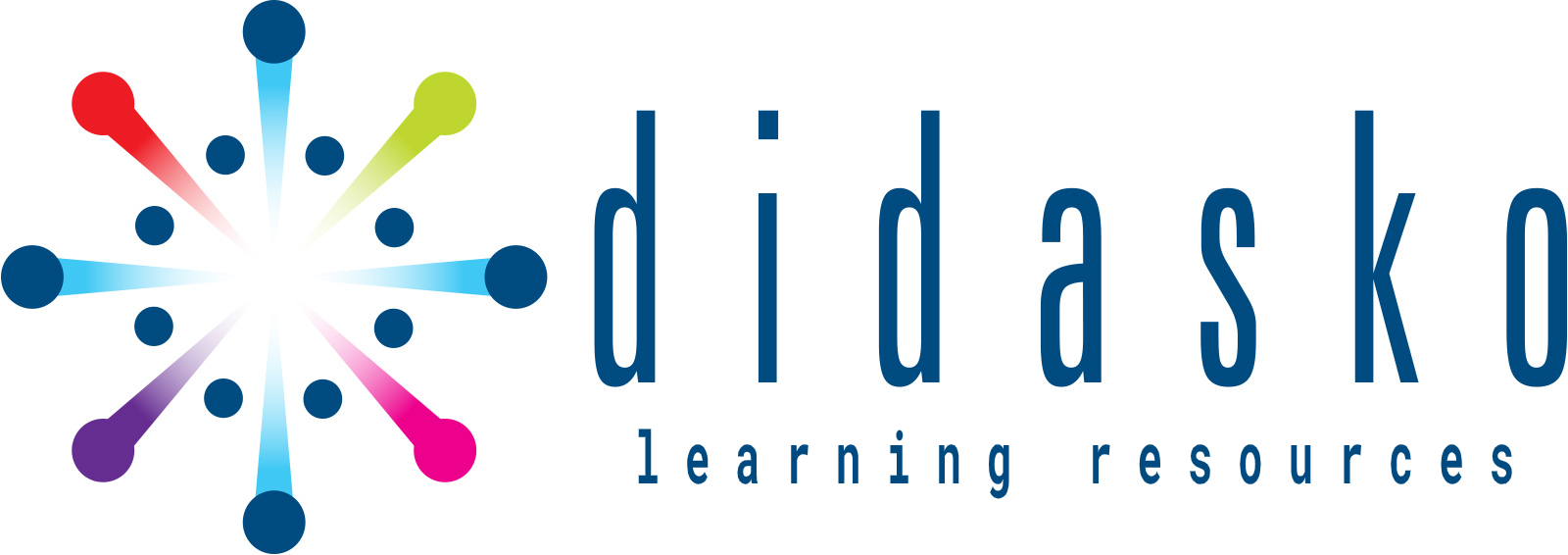Tailoring Courses for the Modern Student: Flexibility and Real-World Application
 January 2024
January 2024

The educational landscape is evolving rapidly, influenced significantly by the needs and preferences of modern students. Today’s learners seek education that is not only flexible but also directly applicable in real-world scenarios. For Registered Training Organisations (RTOs) and Technical and Further Education (TAFE) institutions, adapting to these needs is not just beneficial—it’s essential for staying relevant and effective.
Embracing Flexibility in Course Structures
RTOs and TAFEs, recognising this need, are increasingly offering flexible courses online. These courses, designed to be self-paced, allow students to learn at times that are most convenient for them. This flexibility is particularly beneficial for non-traditional students who might find it challenging to adhere to a fixed class schedule due to work shifts, family responsibilities, or other life circumstances.
Moreover, these flexible courses are not confined to online settings alone. Blended learning models that combine online resources with evening and weekend classes are also gaining popularity. These models provide the perfect balance between remote learning and the invaluable experience of in-person instruction and peer interaction.
Furthermore, flexible course structures often incorporate asynchronous learning components, such as recorded lectures and digital reading materials, which students can access at any time. This approach allows learners to revisit complex topics at their own pace, leading to a deeper understanding and retention of course material.
Interactive elements, such as discussion boards and group projects, can also be integrated into these flexible courses, ensuring that the sense of community and collaborative learning is not lost. These interactive elements encourage engagement and keep the learning experience dynamic and inclusive.
Embracing flexibility in course structures is a strategic move for RTOs and TAFEs. It not only makes education more accessible to a diverse student body but also aligns with the contemporary lifestyle of learners, thus enhancing overall enrollment and course completion rates. This approach positions educational institutions as responsive and adaptive to the needs of modern students, thereby ensuring their relevance and appeal in the competitive landscape of education.
This shift towards flexible learning structures sets students up for specialisd success. By adapting course delivery to accommodate the needs of today’s learners, RTOs and TAFEs not only widen their reach but also enhance the depth and quality of educational outcomes. Such flexibility ensures that students are not just enrolling but are also completing their courses with a high level of understanding and skill. It’s a testament to how institutions are evolving to meet the demands of specialised industries, preparing students to thrive in their chosen careers with a solid foundation of knowledge and practical skills.

The Importance of Real-World Learning
The emphasis on real-world learning in modern education is a response to the evolving expectations of today’s students. They seek education that not only imparts knowledge but also equips them with practical skills directly applicable in professional settings. This approach transforms educational institutions from mere knowledge providers into launchpads for future career success.
For RTOs and TAFEs, aligning curriculums with industry needs is crucial in meeting this demand. Collaborating with industry partners to design course content ensures that the skills taught are what employers are looking for. This collaboration can take various forms, including advisory panels, guest lectures from industry professionals, or even curriculum co-development with businesses.
In the context of offering a hospitality course, the role of a learning resource provider becomes indispensable in facilitating real-world learning. Quality learning resources must not only encompass theoretical knowledge but also bridge the gap between classroom instruction and practical application. For instance, in a hospitality management course, having access to industry-relevant case studies, scenario-based simulations, and hands-on training modules is essential. A reputable learning resource provider can curate and deliver these materials, ensuring that students receive a comprehensive education that aligns with the expectations of the industry.
Integrating internships and work placements into the curriculum is a key strategy. These experiences offer students an invaluable opportunity to immerse themselves in their field of study, applying classroom theories to real-world scenarios. Such experiences not only solidify understanding but also provide a glimpse into the day-to-day realities of the profession, preparing students for what to expect after graduation.
Project-based learning, another cornerstone of real-world learning, involves students undertaking projects that mirror actual industry challenges. This approach develops not just technical skills but also soft skills such as teamwork, communication, and critical thinking – all highly valued in the workplace.
Moreover, practical experiences like these enhance the employability of graduates. Students who have real-world experience often stand out in the job market, as they can demonstrate not only their knowledge but also their ability to apply it in practical settings. This makes them attractive candidates to potential employers, increasing their chances of successful employment post-graduation. For instance, a CPC30220 Certificate III in Carpentry will require actual skills and not just theoretical knowledge.
Real-world learning is a vital element in modern education, particularly for RTOs and TAFEs looking to prepare their students for successful careers. By providing education that is closely aligned with industry needs and includes practical, hands-on experiences, institutions like yours can ensure that students are ready to meet the challenges of the modern workforce.

The Role of Flexible Online Courses
Real-world learning is increasingly recognised as a vital component of modern education, particularly for career-focused students who seek practical and applicable skills to enhance their employability. This trend is shaping the way RTOs and TAFEs approach curriculum design, emphasising the need to bridge the gap between academic learning and the realities of the working world.
To address this, institutions are increasingly incorporating practical components like internships and work placements into their programs. These experiences provide students with invaluable exposure to real-world work environments, allowing them to apply theoretical knowledge in practical settings. This hands-on approach is crucial in developing a deeper understanding of the subject matter, as students can see firsthand how their learning applies in a professional context.
Moreover, aligning curriculums with industry needs ensures that the skills and knowledge imparted are current and relevant. This alignment can be achieved by collaborating with industry professionals and employers to understand their requirements and expectations. By doing so, RTOs and TAFEs can tailor their programs to produce graduates who are not only knowledgeable but also possess the skills that are in high demand in their respective industries.
In sum, real-world learning is an essential element of modern education, crucial for preparing students for successful careers. By focusing on practical, applicable skills and aligning curriculums with industry demands, RTOs and TAFEs can ensure that their students are well-prepared to meet the challenges and seize the opportunities of today’s workforce.
Didasko: Pioneering Flexible, Real-World Education for Modern Learners
In an ever-changing educational environment, RTOs and TAFEs must innovate to stay ahead. Embracing flexible course designs and real-world learning are crucial steps in this direction. These approaches cater to the contemporary student, equipping them for today’s dynamic workforce. Such adaptations not only elevate student success but also bolster the standing of these institutions. Moving forward, the key to standing out in the educational sector lies in offering adaptable, real-world-focused education. For the most up-to-date training materials and courses, Didasko Learning Resources emerges as the premier choice, ensuring that institutions are always at the forefront of educational excellence and relevance.




